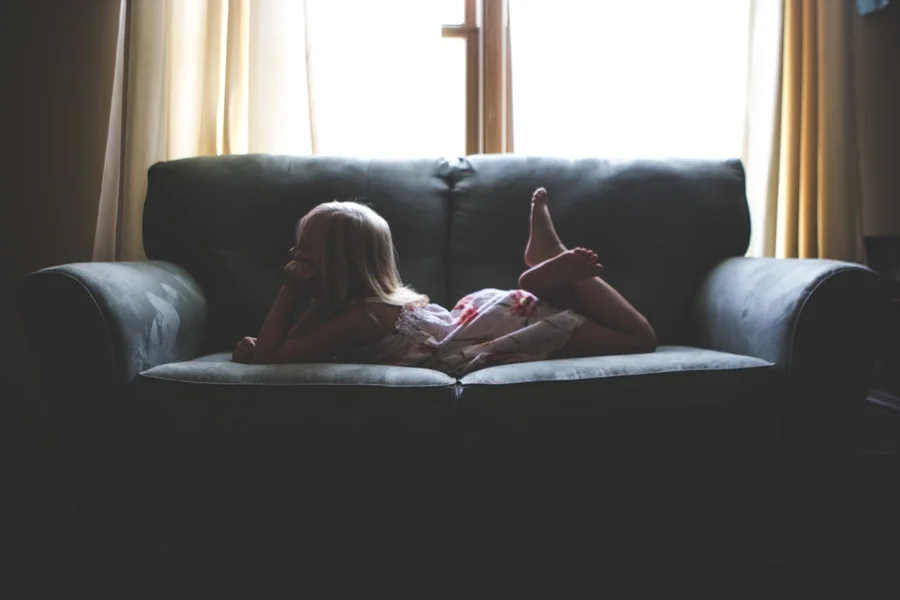Declared as the ‘Year of Climate Action’ for 2018, we decided to provide our own views through the lens of psychoanalysis
Designated the “Year of Climate Action” for Singapore, the Environment and Water Resources Minister announced in Nov 2016.
Speaking at the United Nations (UN) Climate Change Conference in Bonn, Germany, Mr Masagos Zulkifli stressed Singapore’s commitment to fight climate change, given that the island-state is vulnerable to the environmental impact. He said that “while Singapore has placed considerable emphasis on sustainable development in its early years of nation building, “we want to do more to instil awareness of climate change among our citizens and inspire them to act in partnership”.
Singapore is committed to the Paris Agreement, a pact made in 2015 by 195 nations to combat climate change, at the UN Climate Change Conference in Paris. See the TODAY article for details. However, we believe that the issue lies at a deeper level, … at a degree of dysfunction that is more related to us than the problem of the environment itself.
Our comment
We were asked by our friend and partner, Dr. Delphine Mascarene, at the International Society of Applied Psychoanalysis, to provide a comment on the environment and climate change. The purpose was to provide a view that helps make sense of this shared international problem.
Inspired by Sally Weintrobe’s conceptualisation of the Climate Change Denial as a Disavowel, we refer to her article published on April 2016 at the Institute of Psychoanalysis.
Overview
We think it is really about our own individual projections, as well as group projections, and how we direct these unconscious and intolerable affects into the environment. E.g. It could be raised that our aggressive tendencies and mob like behaviour, whilst unconsciously saying we shouldn’t be using straws, but we still taking them anyway. This is what we think:
A Reconceptualisation of our defensive response
Regarding the notion of defence mechanisms driving our schizophrenic and clearly mindless care toward the environment, what comes to mind is that of blatant denial - despite countless marketing on less use of straws, not littering, and consuming toxic items toward the environment, there is a sense of conscious or mostly unconscious disavowal of having to take extra care to a mother (Mother Earth) who does not react toward us. This mother is essentially unable to respond but would slowly, over time, display its harsh consequences on us through the impact of say, ozone depletion - teaching us the lesson of not caring for it, e.g. skin cancer, and melting of the polar ice caps. This mother is always there, provides us with much, like air, water, etc, and has a role of containing our individual and group struggles of life/concerns. However, the majority of her children (us) may not seem so aware of her own struggles, and also does not keep her in mind. This dynamic is present in some pathological family patterns whereby preoccupied or dismissive mothers are unable to properly contain her infant/children’s destructive impulses or emotions.
Our Individual Projections
On an individual level, as highlighted above, we may easily push the responsibility to the next person, and hold divided (schizophrenic) ideas or display such behaviours like ambivalence toward caring for a mother who’s never been immediately there for us. Bringing up familiar defences, and counter-transferences. And hence, (re-)projected back into the environment as they are experienced as being too fragmented (beta elements) and hence unable to be synthesised for conscious understanding. In a cyclical way, Mother Earth is too damaged to be able to provide (cannot provide) an alpha function that helps us make sense of these experiences. What may appear to the naked eye, is sibling rivalry between the world’s peoples when it comes to arguments about the environment and climate change. Our minds are preoccupied with the arguments and unable to observe the process of ignorance and destruction onto the environment. If we were to consider that our resistances are projected onto the environment, it is no wonder we are unable to speak about our destructive impulses in a coherent, meaningful way. Perhaps then the solution might be to create meaningful conversation that helps stir up and maintain an ongoing rhetoric of climate awareness.
Our Projections as a group
On a group level, there is a sense of a collusive act in our lack of ability to take conscious and owned responsibility to care for what is shared amongst us. This responsibility is thus projected to each other, and its introjections are wholly unconscious, and pathological to the extent it is pushed onto a scapegoat - the environment. This phenomenon can be seen in corporate group relations where scapegoating is often seen. It is sad that in the end, the scapegoat in the context of the environment, would have debilitating effects for us all, but not immediate enough such that we may recall the memory of what it was like when the temperature around the world was slightly cooler, and marine animals were in more abundance. For the majority of us, these are likely insignificant until someone (sometimes rudely) reminds us to keep the environment in mind - which is only held for a short moment, before we return to our own personal and self-centred concerns of living.










What is the psychological mechanism of Projection? How can we understand and manage it?